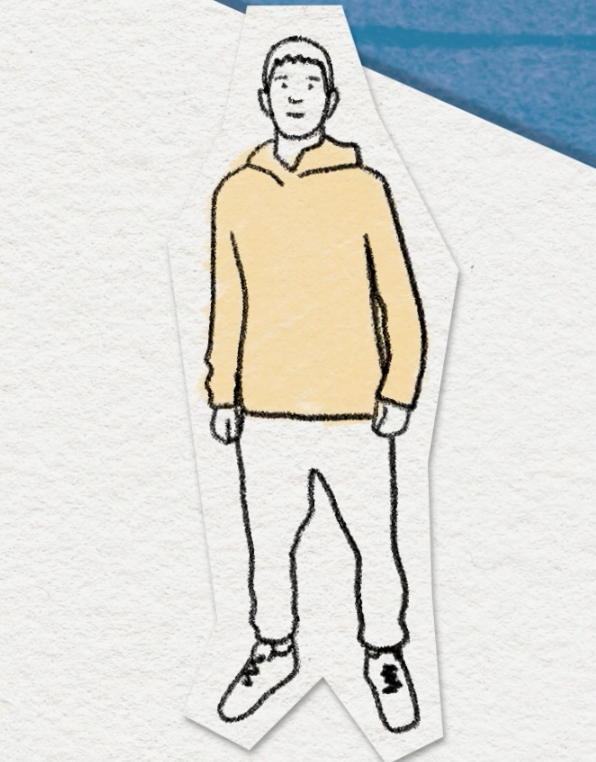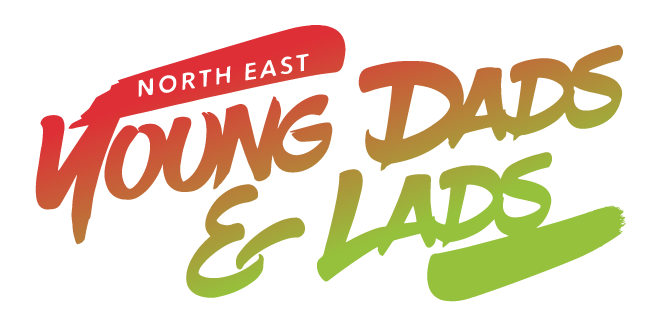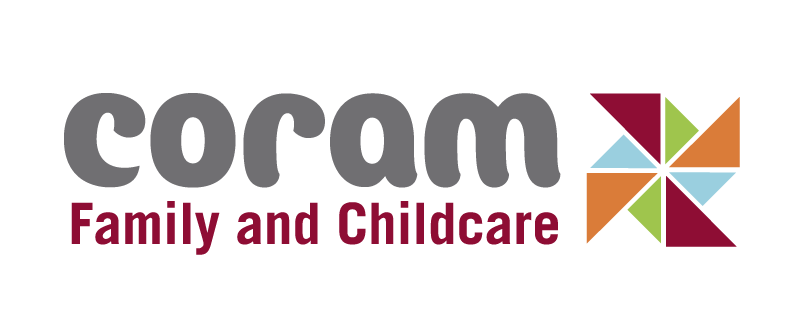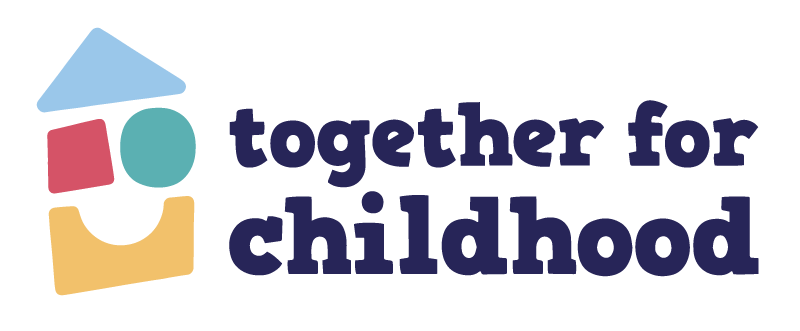Our learning
The Following Young Fathers Further team have been researching with young dads, aged 25 and under, since 2020.
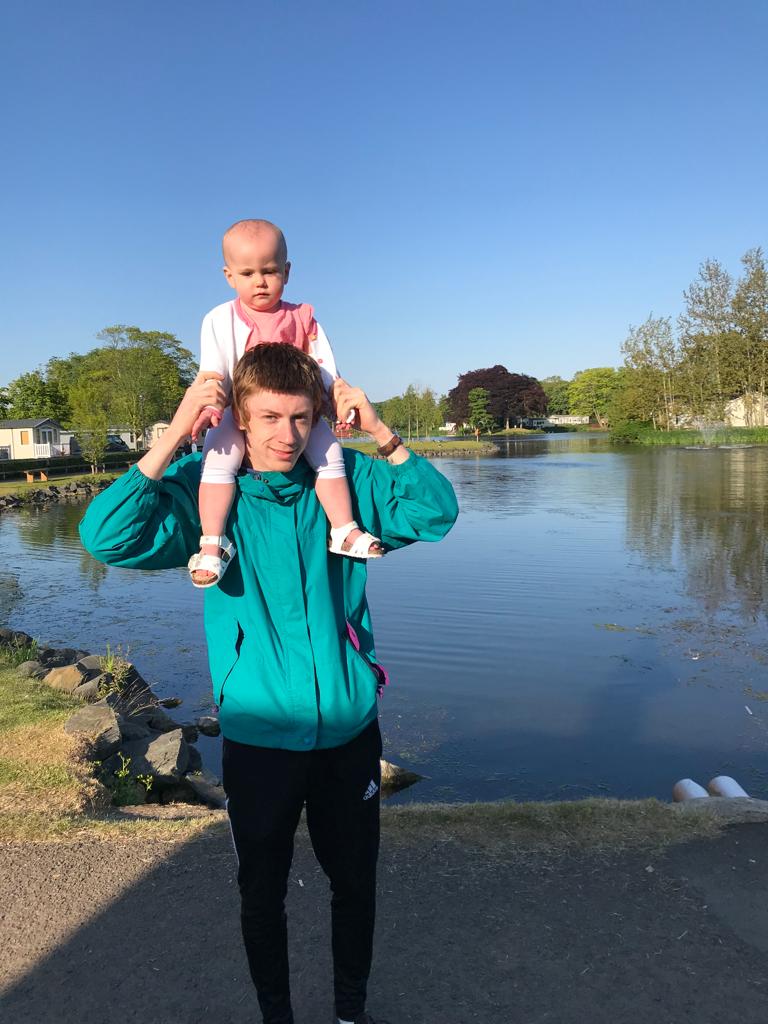
Eleven of the young fathers we have interviewed have been involved in young fatherhood research for over 10 years!
Young dads like you have told us:
- what it is like to be a father at a young age,
- what it is like to share parenting with others (i.e. partners and family members),
- what challenges young dads might face and how they overcome them,
- experiences of education, employment and training,
- experiences of the COVID-19 pandemic and mental health,
- the value of supportive professionals.
We share what we learn with others to show how important young dads are and to create a more positive parenting experience for all.
Your experience of being a young father really matters.
Want to share your story or find out more about being involved? Click here.
A dynamic perspective of young fathers’ well-being
Predictive and protective factors across their mental health pathways
This briefing paper explores the dynamic mental health pathways of young fathers in their transition to fatherhood. We argue that they navigate a well-being spectrum over time as they adapt to their new identities and responsibilities where young fatherhood can be source of joy and pride. However, the struggles associated with young parenthood may tip some young men into periods of mental ill-health.
Download Briefing Paper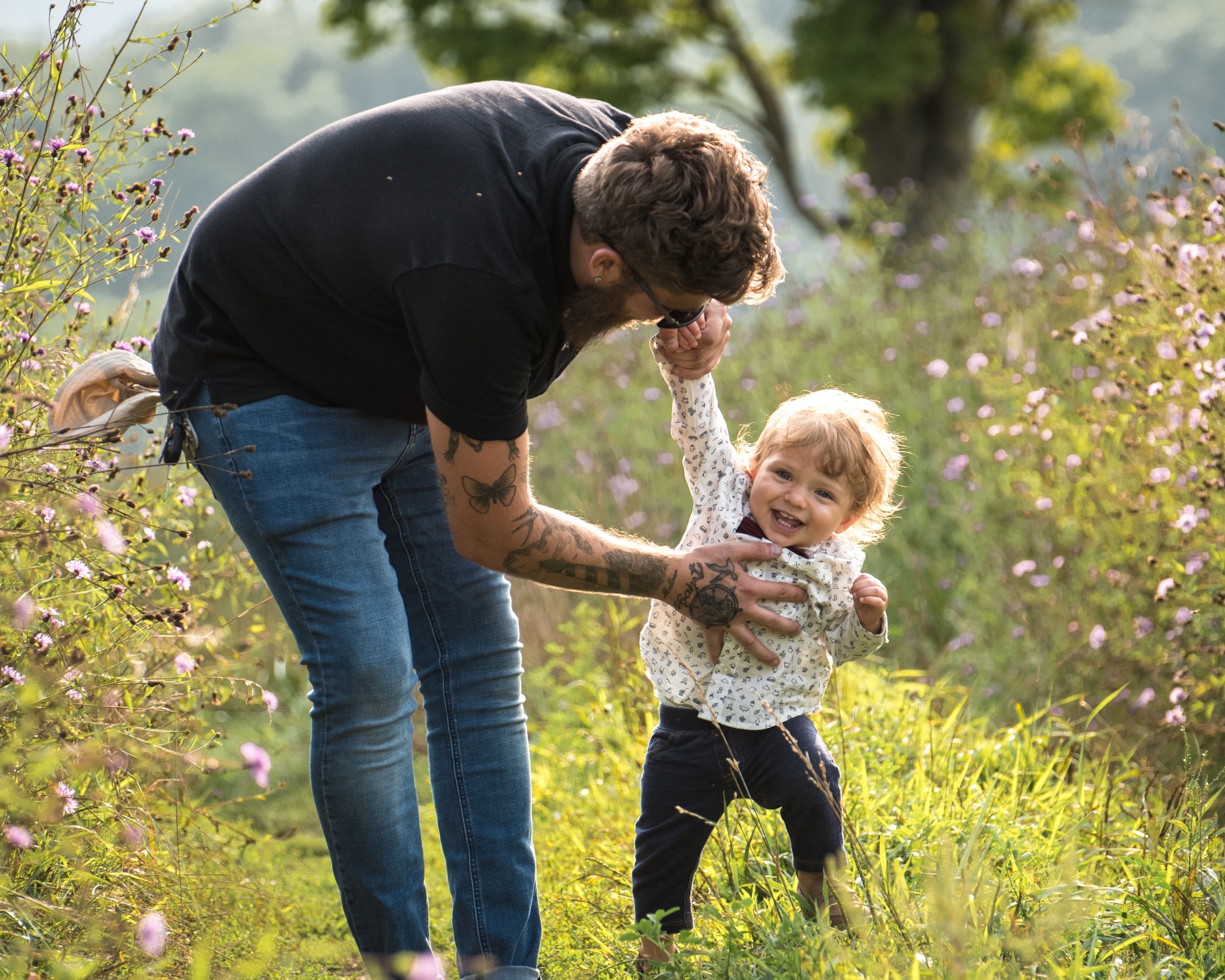
Care in the prison estate? The importance of redemptive, compassionate and family-focused support for young fathers
Care in the prison estate?
Based on a productive collaboration with the Prison and Care Trust, this report presents findings from a qualitative study exploring the lived experiences and support needs of young fathers, aged 25 and under, who are in prison. The broad aim of the study was to understand how some of the most marginalised young fathers experience parenting while separated from their children, including the extent to which they receive and experience support while in the prison system. Based on data generated from in-depth interviews with 12 young fathers in prison and with 3 professionals providing support, the study helped to identify some of the more distinctive issues the highly marginalised and vulnerable young men experience in the UK, as a basis for informing more inclusive support for them.
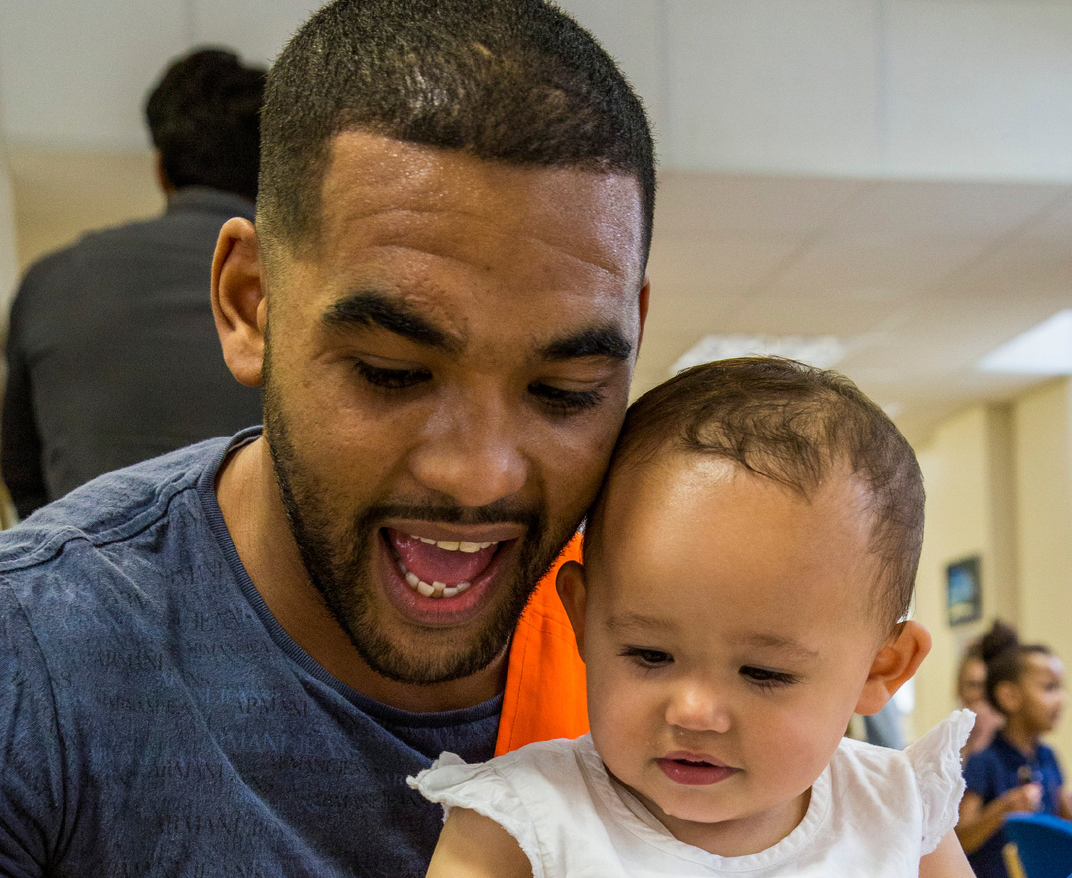
DigiDAD Evaluation
One Year On
The Following Young Fathers Further team conducted an evaluation of the North East Young Dads and Lads' new digital offer for young fathers called DigiDAD.
DigiDAD is a unique, pioneering e-learning parenting platform made by and for young fathers. First created during the COVID-19 pandemic, DigiDAD features evidence-informed content designed to support the informational requirements of young fathers.
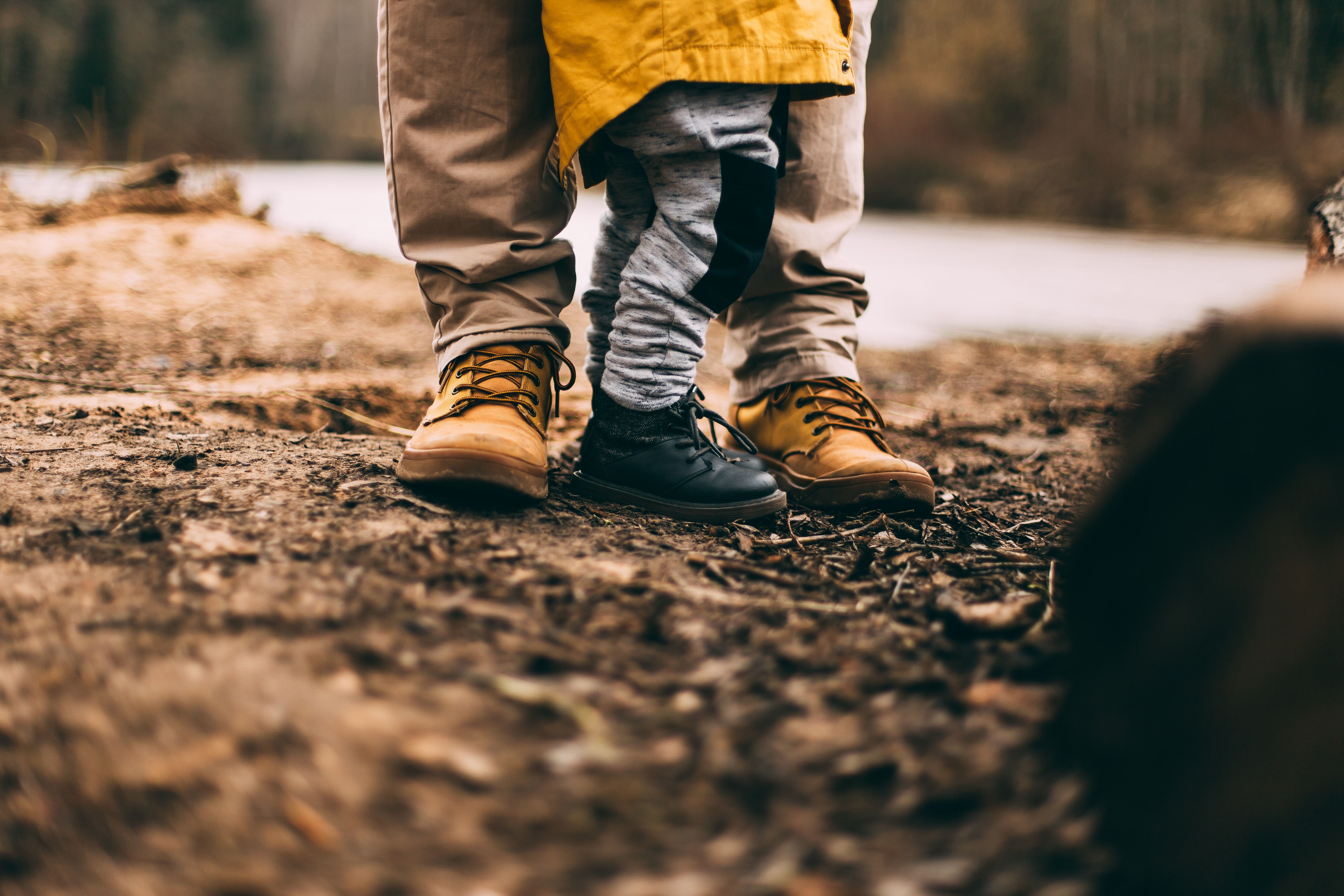
Diverse Dads reports
The Diverse Dads team launched two open access reports based on the outcomes of the research as the ‘Diverse Dads Collaborative. These include key research findings and recommendations for good practice, as informed by the young fathers and professionals who participated in the study.
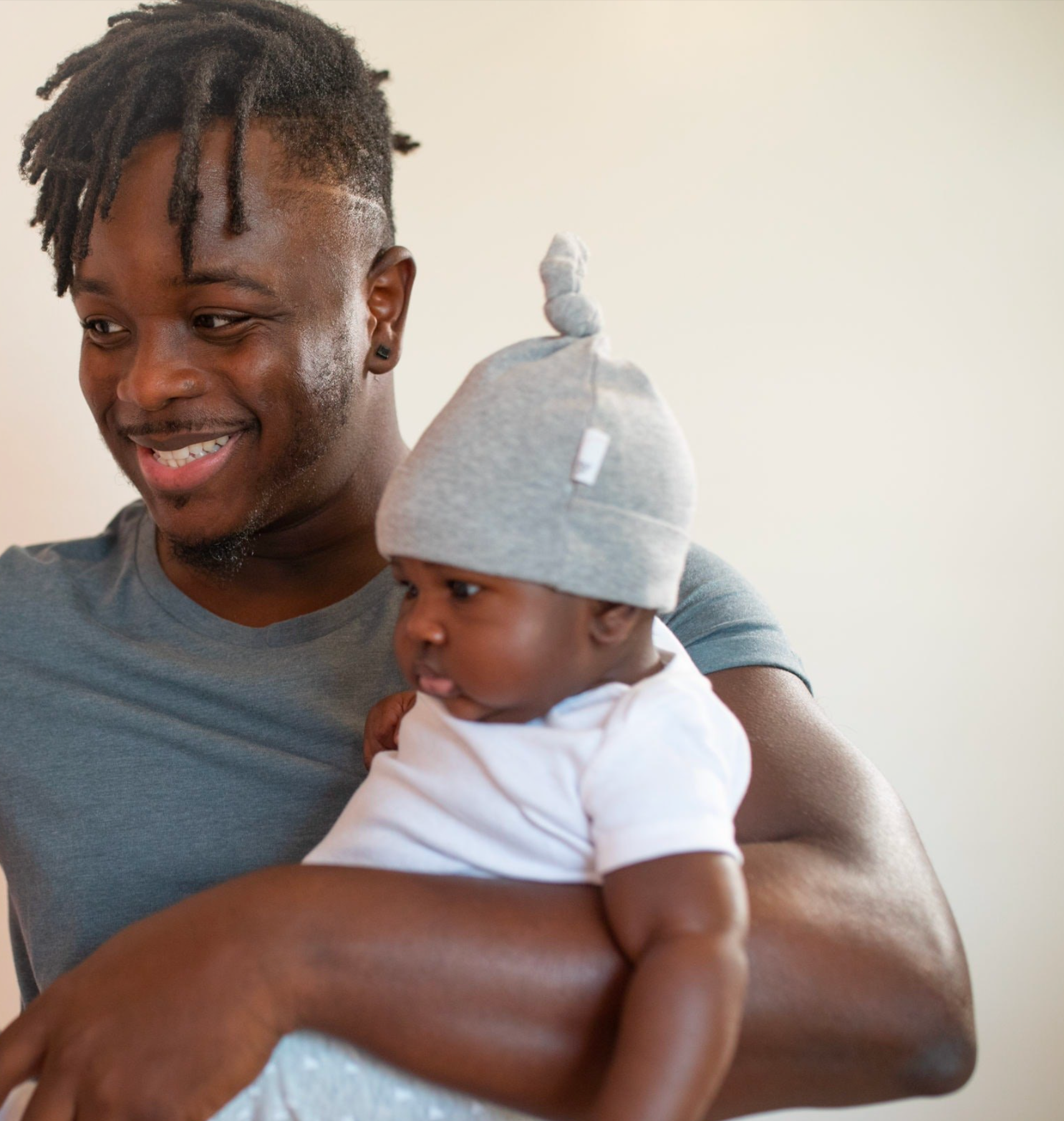
Establishing the Family Hubs in Middlesbrough
Insights from the perspectives of local families and Family Hub Managers
This report presents findings from a consultation provided by the University of Lincoln to the Middlesbrough City Council Participation team, reporting on the first year of establishing their offers and creating parent/carer panels for their local Family Hubs.
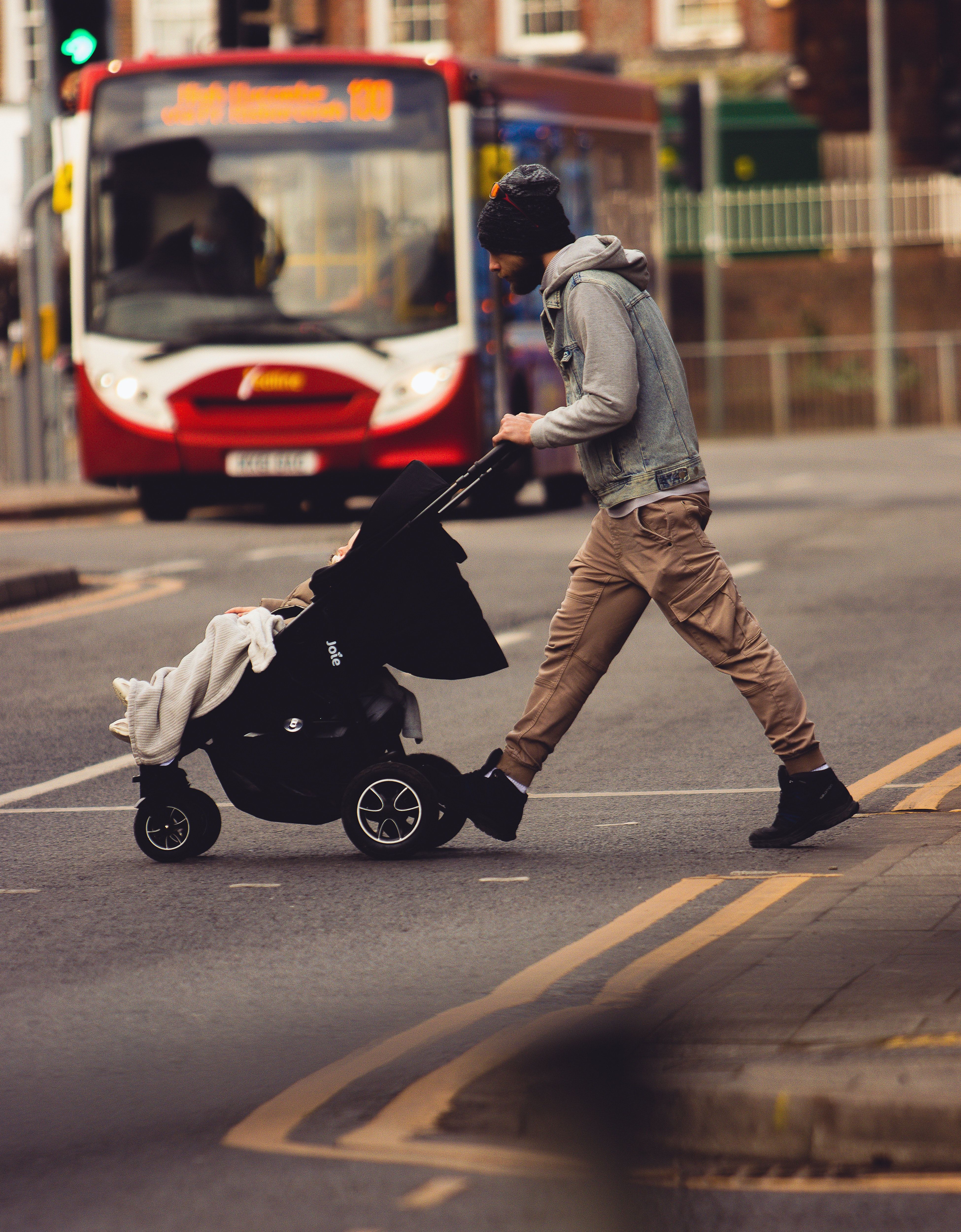
Final report series 2023
Co-creating with young fathers
This eight-part report series reports on our findings and the innovations from the Following Young Fathers Further study between January 2020 and December 2023. These have been launched at the final conference, which took place in Lincoln on Thursday 7th December 2023.
We intend to develop further outputs from the study, supported by an additional three years of funding that will extend our work again to January 2027. So watch this space!
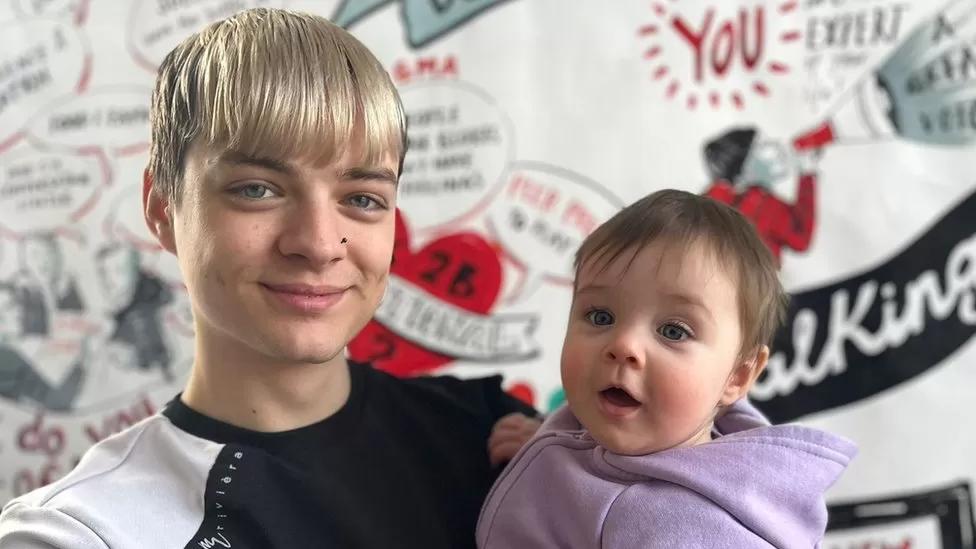
NCRM Telephone Methods Toolkit
The pandemic has prompted many social scientists to rethink their research methods and adapt to researching in ways that accommodate social distancing rules. Telephone interviews offer a remote route to fieldwork but their value for researchers extends beyond the pandemic. This toolkit considers the role of telephone interviewing in qualitative research and the advantages and challenges of this method and attendant practical and ethical questions. We provide practical reflections around how to address the challenges associated with telephone interviews and draw on examples from current research.
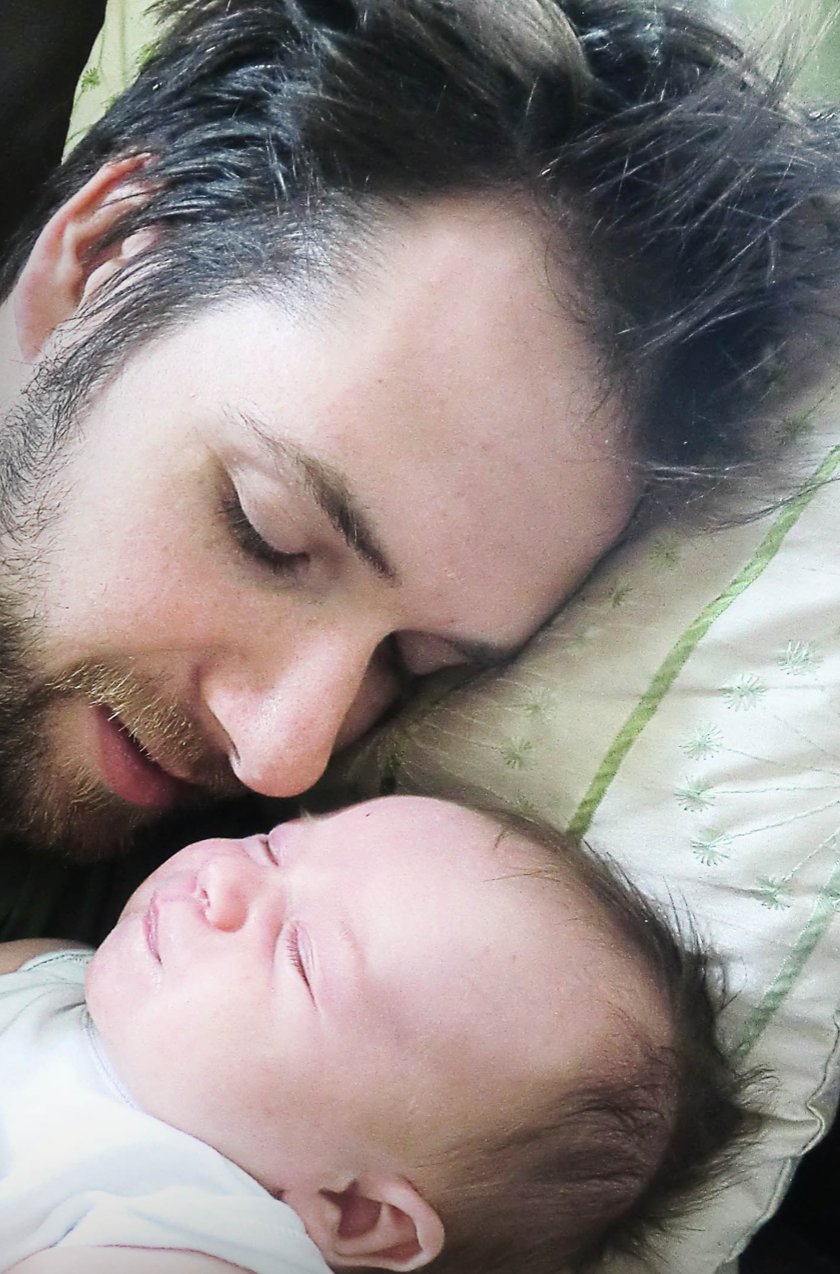
Responding to young dads in a different way
Two open access reports were developed from this Leeds Social Science Institute funded project, which was led by Dr Anna Tarrant between April 2016 and April 2017. The first is an evidence review of existing research about practice support for young fathers. The second reports on the Responding to Young Dads in a Different Way project and its key findings.
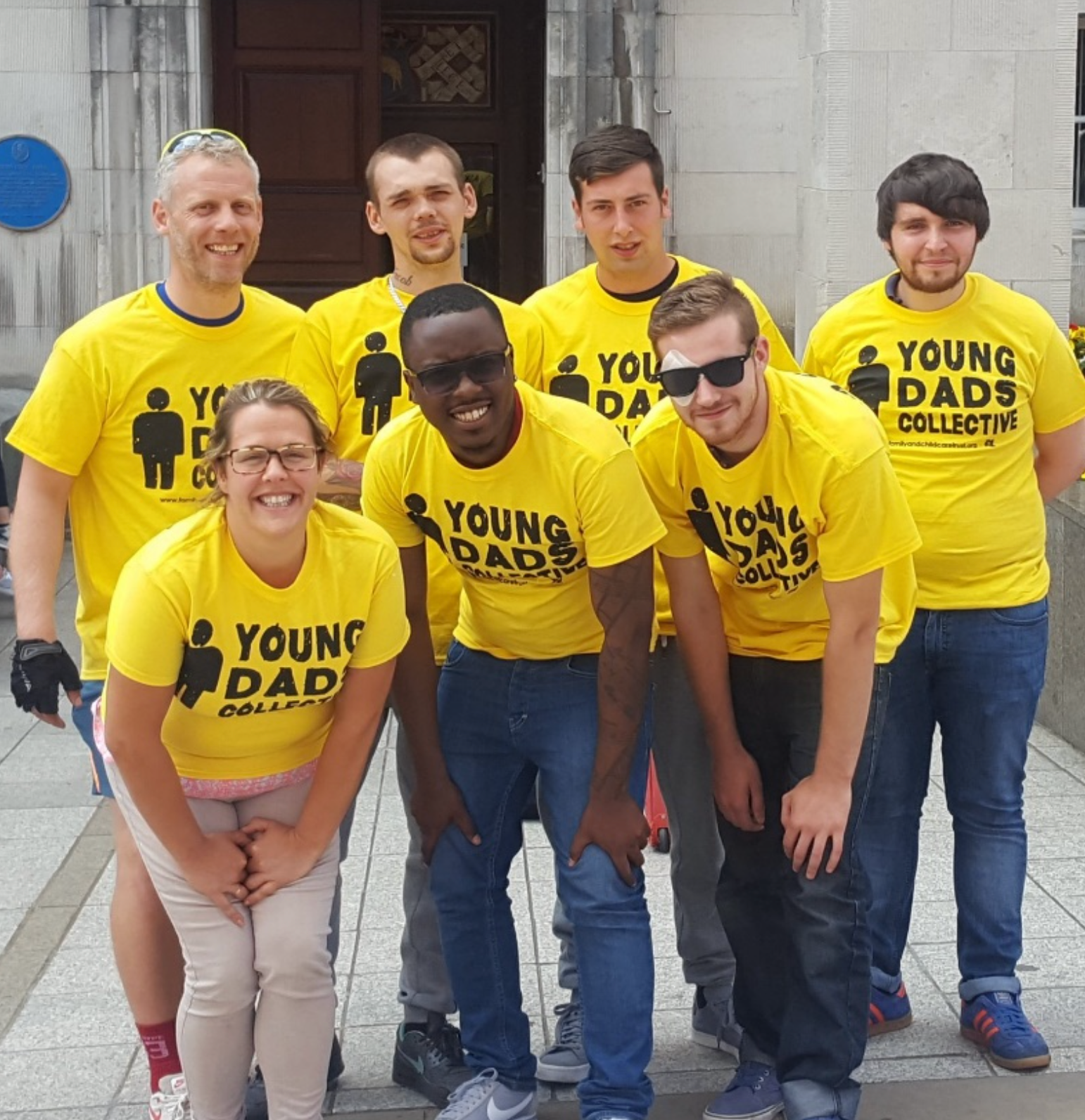
Think Dad!
The Think Dad! Toolkit, co-created with young fathers and developed with professionals and services in mind who want to improve how they work with young fathers.
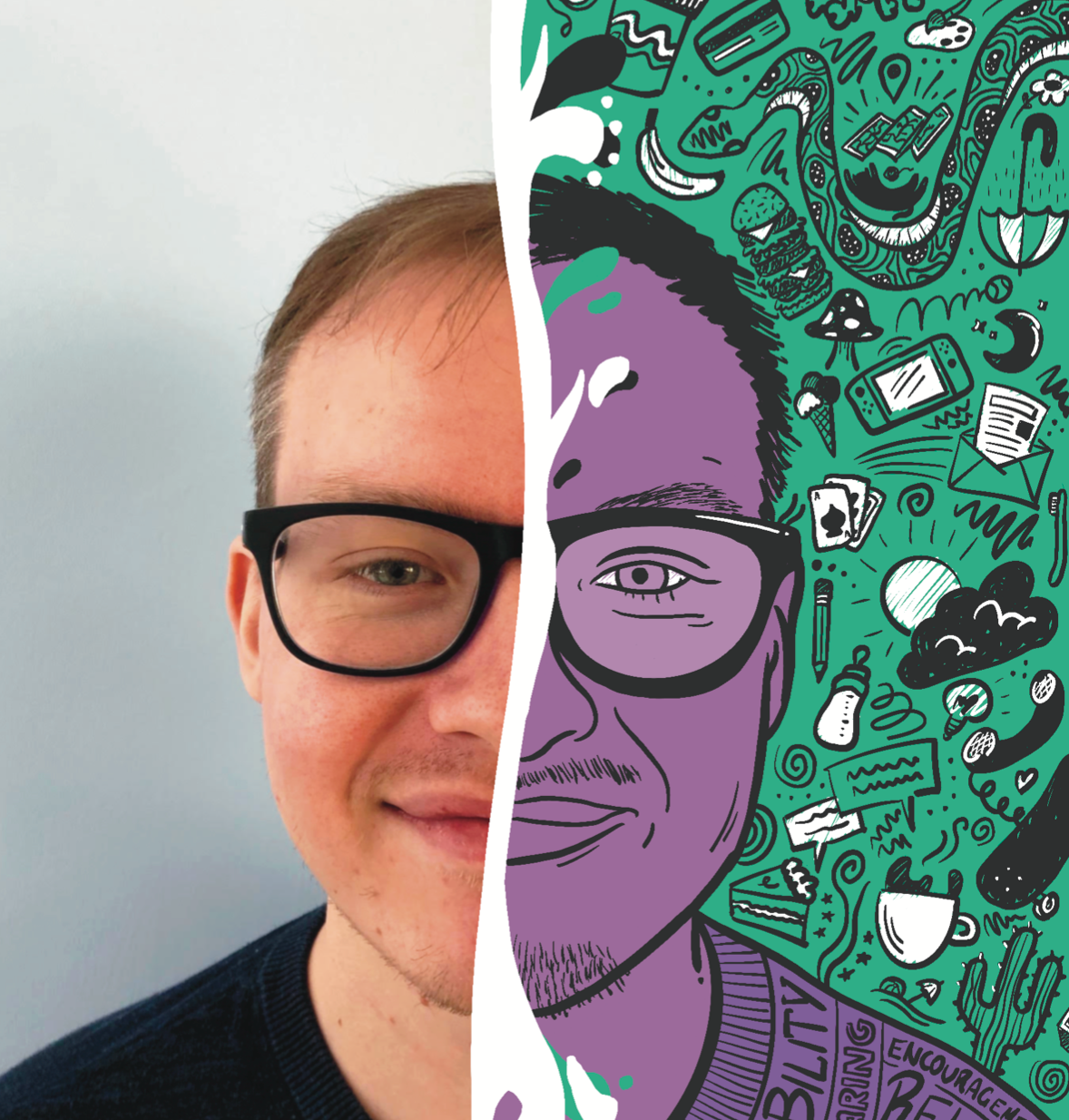
Wave One: Exploring the impacts of Covid-19 on young fathers
Early analyses of our findings from Wave One of interviews from the study. We explore the impacts of the Covid-19 crisis on young fathers and the professionals who supported them.
Briefing Paper One: Negotiating ‘earning’ and ‘caring’ through the COVID-19 crisis: change and continuities in the parenting and employment trajectories of young fathers
Briefing Paper Two: From social isolation to local support: Relational change and continuities for young fathers in the context of the COVID-19 crisis
Briefing Paper Three: Supporting at a distance: the challenges and opportunities of supporting young fathers through the COVID-19 pandemic
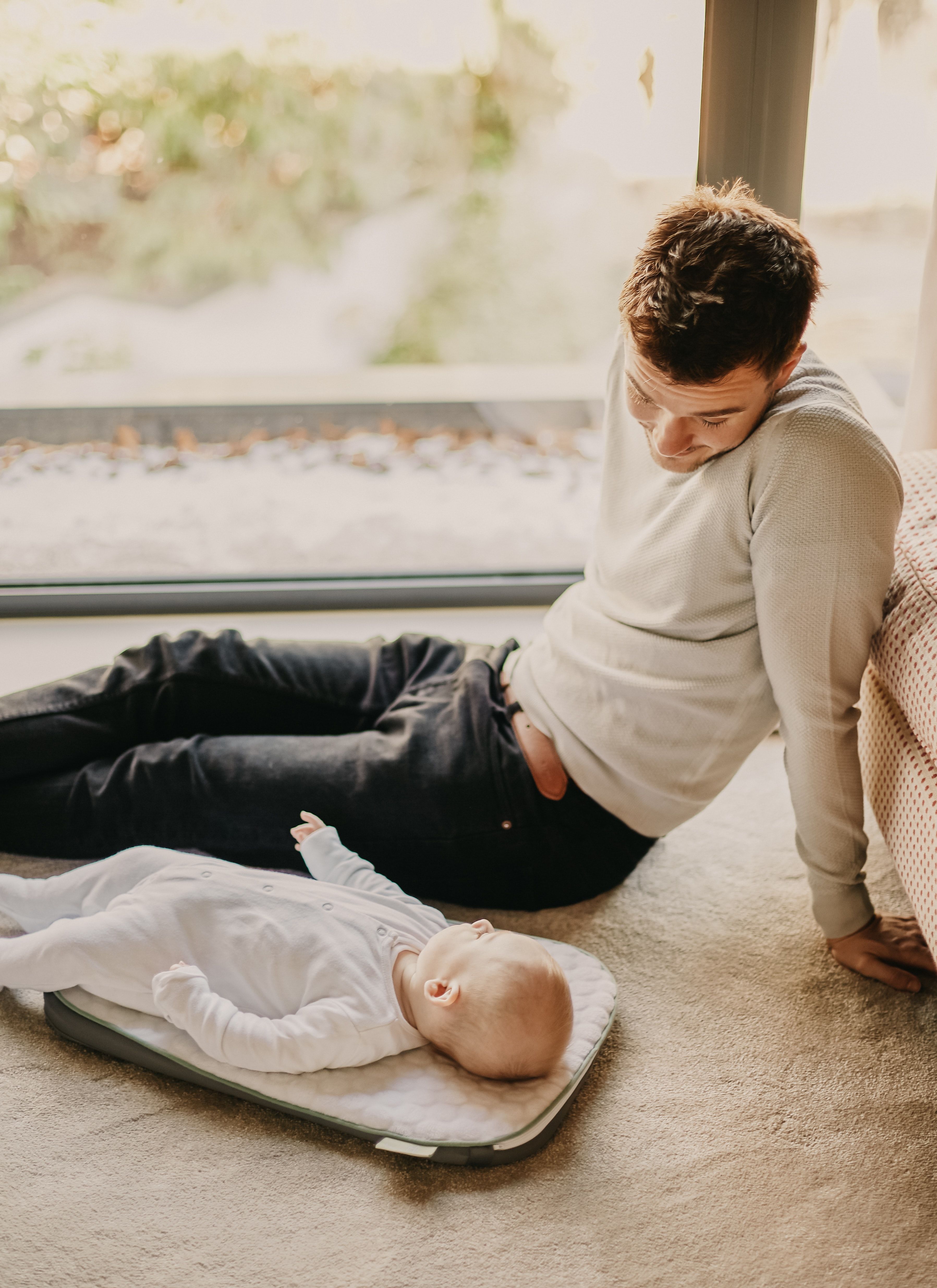
Young father-inclusive support commissioned by the County Durham Family Hubs
An Evaluation
Presents findings from a qualitative evaluation of the North East Young Dads and Lads young father inclusive support offer for young fathers, aged 25 and under.
